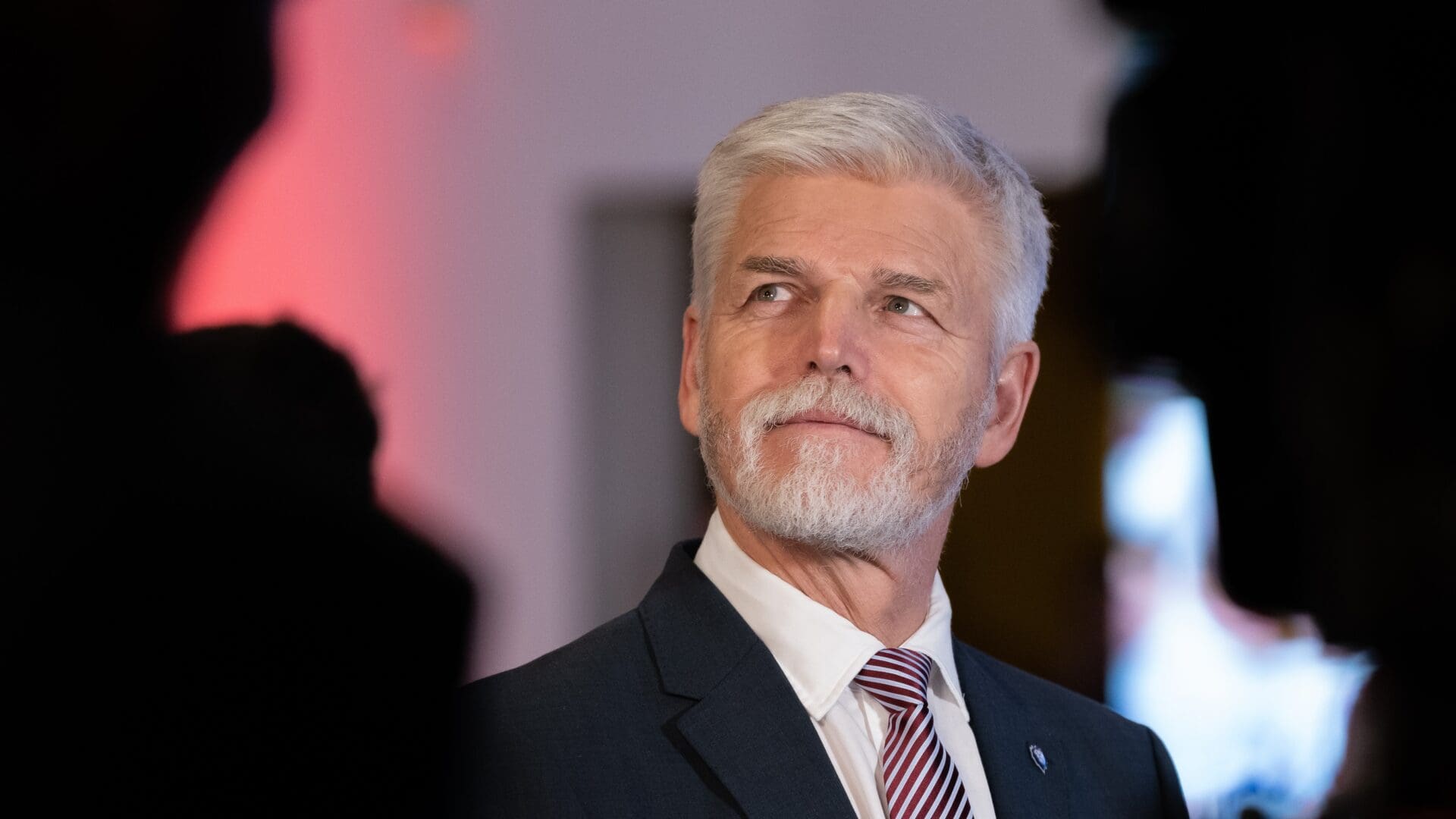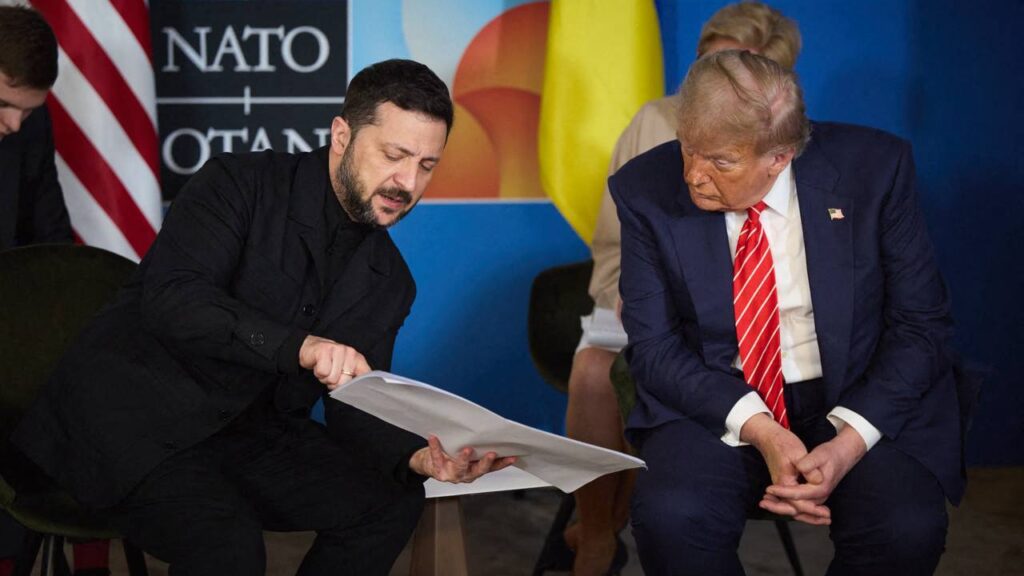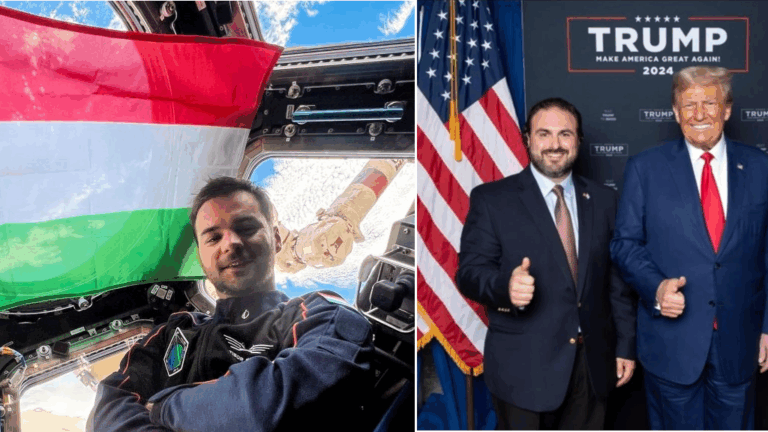The second round of Czechia’s Presidential elections was held this weekend, and the retired army general, Petr Pavel came out a winner.
Petr Pavel is the third directly elected president of Czechia who will soon replace the incumbent President Miloš Zeman, who has exhausted his two term-limit. In the second round, Petr Pavel competed against Czech businessman Andrej Babiš who was acquitted of fraud charges just weeks before the first round. Andrej Babiš served as the prime minister of Czechia between 2017 and 2021. In the first round, Babiš finished slightly behind Petr, gaining 35 per cent of the votes as opposed to the 35.4 per cent of the votes secured by his rival. In the second round, Pavel managed to secure 58.32 per cent of the votes, ahead of Babiš, who garnered 41.67 per cent of the votes.
BREAKING:
— Visegrád 24 (@visegrad24) January 28, 2023
The former Chair of the NATO Military Committee, General Petr Pavel has been elected as the next President of Czechia.
🇨🇿 pic.twitter.com/XnkMM609Py
Pavel became the victor largely because Danuše Nerudová and Pavel Fischer, the two other presidential candidates who did not make it to the second round but had the combined support of around 20 per cent of the voters, had endorsed Pavel. The new president is scheduled to assume office in March.
Petr Pavel is a retired army general, who was the Chair of the NATO Military Committee between 2015 and 2018, which is the second highest position in the NATO alliance. Pavel was a career soldier, who also served as the Chief of the Czech Army’s General Staff (2012-2015). He was born into a military family in 1961, attended a military secondary school and then the Military Academy in Vyškov in Czechoslovakia. While Pavel ran as an independent, he was backed by a number of mostly centre right, Christian-Conservative parties. Petr Pavel also describes himself as a centre-right conservative. But his reputation is somewhat tainted in the eyes of the Czech public, as he was an active member of the Communist Party between 1985 and 1989, as we have written earlier. Petr Pavel became a candidate for the Czechoslovak Communist Party during his years at university; he claimed that he only joined the Party so that he can lead an elite airborne reconnaissance platoon in Prostějov after graduating from the Military Academy.
In the years after the regime change Petr Pavel served in Yugoslavia, as part of the United Nations Protection Force, which was the first UN peacekeeping force in the post-Communist Balkan country. During his mission, Pavel took part in a rescue mission saving the lives of 50 French soldiers. For his bravery Pavel was awarded both France’s Legion of Honour, and Czechia’s Medal for Bravery which was presented to him by President Václav Havel. After Petr Pavel retired in 2018 he was involved in setting up a volunteer organisation, Spolu silnější (Stronger Together) in 2020 to help Czechia better deal with the COVID-19 pandemic.
After former Czech President Václav Klaus, who was deeply Eurosceptic and argued that the country should leave the EU, and Miloš Zeman who was criticised for his ties to Russia and his pro-China views, Petr Pavel might signify a more unquestionable Western allegiance in the Czech Presidential Palace. Throughout the campaign, Pavel voiced support for Ukraine and reminded the country how important its NATO and EU memberships are. Earlier, Pavel claimed that his first visits as President would lead to Slovakia and Ukraine. Understandably, the candidates’ approach to the Russo-Ukrainian war played an important role during the campaign. Babiš represented himself as a peacemaker, and his campaign depicted Pavel as someone who would drag Czechia into the war.








